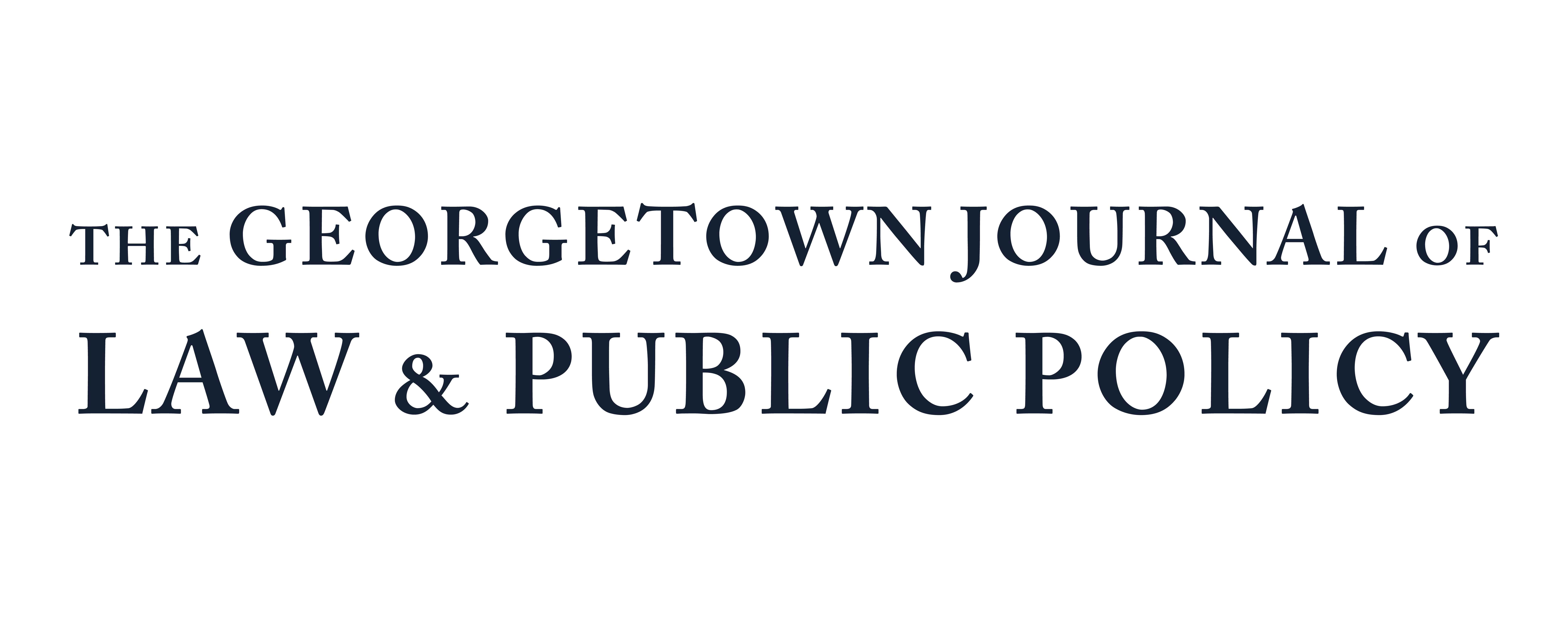Character, Credibility, and Rape Shield Rules
Rape shield laws have played an important role in protecting complainants and jurors from some of the most pernicious and ill-founded assumptions about sexual autonomy and consent. Yet the development and application of these rules have left many thorny questions. The policy debate has now shifted from whether and how the accuser’s prior sexual conduct should be admitted to prove consent or lack of credibility due to what was once termed “unchastity” (now universally condemned and rightly prohibited) to whether and how the accuser’s prior sexual conduct should be admitted to support a more specific and logically relevant argument for dishonesty. That is, when prior sexual conduct itself involves dishonest behavior, the defendant is not offering the prior incident to support a general character trait for mendacity because the complainant has been sexually active; rather, the defendant is arguing that the complainant has a character trait for untruthfulness because the accuser has lied. One narrow but critical question we need to confront as evidence and rape law progress during the “Me Too” movement is whether the jury, in assessing a complainant’s credibility in a rape prosecution, should be allowed to hear about prior false allegations of sexual assault made by the accuser.
This article focuses on rape shield rules throughout the United States, highlighting how these evidence rules have been stretched beyond their original purpose to prevent a defendant from raising incidents in the accuser’s sexual history that may be highly pertinent to a jury’s determination of who they should believe. Specifically, it addresses limitations courts have placed on inquiring into prior false allegations (PFA) of sexual assault by the accuser to prove lack of credibility in the present case. The author argues that some courts in the United States have mistakenly weighed the accuser’s privacy interests and the court’s interests in protecting the jury from being confused or misled ahead of the defendant’s fundamental right to a fair trial.
The thesis of this article is that interpreting rape shield rules to require the exclusion of prior false allegations of rape jeopardizes the ascertainment of the truth. Yet the state of the law at the intersection of prior false allegation evidence, rape shield rules and the Sixth Amendment protections for confrontation and compulsory process leaves the admissibility of this particular type of evidence highly contested and uncertain. The confusing and in places incoherent state of the case law on PFA—both definitional and procedural—underscores the need for a clarity that only a legislative solution can provide. This article proposes a “next wave” of reform of rape shield rules that specifically addresses this form of proof, and that appropriately balances the interests of victims, defendants, and the judicial process.
Keep Reading Character, Credibility, and Rape Shield Rules
Subscribe to GJLPP
